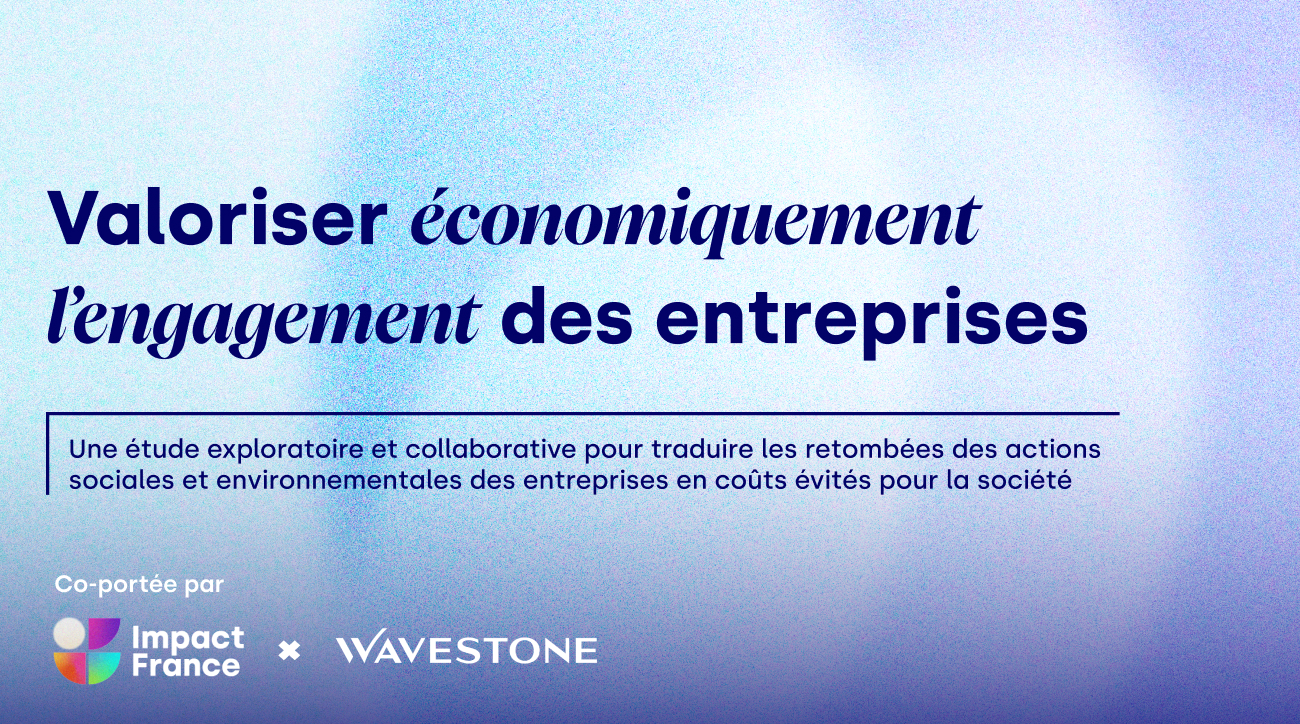Sobriety & Mobility: Utopia or reality?


The actors of the mobility, territories and housing sector gathered within the Impact France Movement to advance a more sober conception compatible with the social and ecological transition have presented their tracks to accelerate the conversion of a sector that remains among the most polluting.

The Impact France Movement invited entrepreneurs and experts to a round table discussion on the mobility of tomorrow. In preparation for the Summer University of the Economy of Tomorrow on the theme of sobriety, an event to decipher the challenges of the mobility sector.

To remember:
The panel agreed that regional planning, particularly in rural areas, should be carried out in consultation with public and private mobility stakeholders. Thinking in terms of the link between transport and territories is a central issue in order to deploy solutions that are as close as possible to the real uses and needs of the population and to avoid multiplying flows with the imperative objective of sobriety.
Finally, what also emerged from these discussions is the importance of not creating needs through innovations that do not respond to the decarbonisation of our lifestyles.

